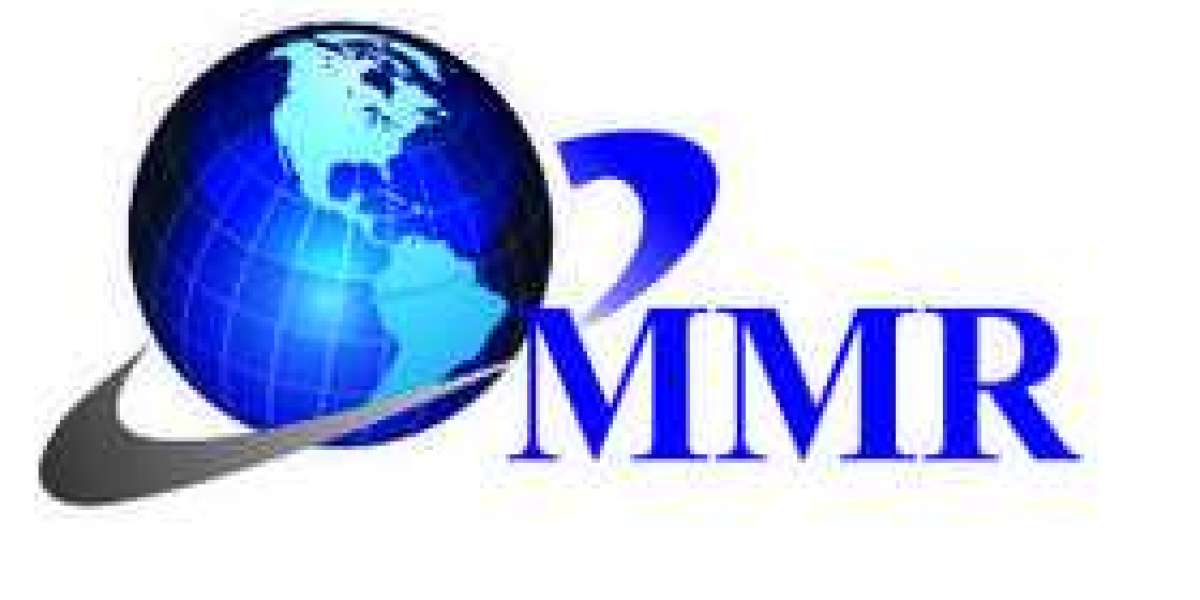What is revenue cycle management?
Revenue cycle management (RCM) refers to the process of managing the financial aspects of a healthcare organization, from the initial patient encounter to the final payment. It involves various steps, including patient registration, insurance verification, coding and documentation, claims submission, payment posting, and denial management.
Effective RCM ensures that healthcare providers receive timely and accurate reimbursement for the services they provide. It involves optimizing the entire revenue cycle to minimize delays in payment, reduce claim denials, and maximize revenue generation.
The Importance Of Effective Revenue Cycle Management
Efficient revenue cycle management is crucial for the financial stability and success of healthcare organizations. It not only ensures a steady cash flow but also allows organizations to invest in new technologies, expand their services, and provide high-quality patient care.
By effectively managing the revenue cycle, healthcare organizations can minimize revenue leakage, reduce denials, and improve collections. It enables them to accurately capture and bill for the services rendered, while also complying with regulatory requirements and payer guidelines.
Moreover, with the shift towards value-based reimbursement models, effective RCM becomes even more critical. Organizations need to optimize their revenue cycle to adapt to changing payment models, such as bundled payments and accountable care arrangements. By doing so, they can successfully navigate the transition from fee-for-service to value-based care.
Common Challenges In Revenue Cycle Management
Despite its importance, revenue cycle management poses several challenges for healthcare organizations. Some of the common challenges include:
- Complexity of Payer Rules: Payers have different rules and requirements for claims submission, which can be complex and time-consuming to navigate. Understanding and staying up-to-date with payer guidelines is crucial to ensure accurate and timely reimbursement.
- Inaccurate Coding and Documentation: Incorrect coding and incomplete documentation can lead to claim denials and delays in payment. It is essential to have well-trained coding and documentation staff who understand the intricacies of coding guidelines and can accurately capture the services provided.
- Claim Denials and Rejections: Claim denials and rejections can significantly impact cash flow and revenue generation. Identifying the root causes of denials and implementing effective denial management strategies is crucial to reduce denials and improve collections.
- Lack of Integration and Automation: Many healthcare organizations still rely on manual processes and multiple disconnected systems, which can lead to inefficiencies, errors, and delays in the revenue cycle. Integrating systems and leveraging technology can streamline processes, improve accuracy, and enhance productivity. Read More...







